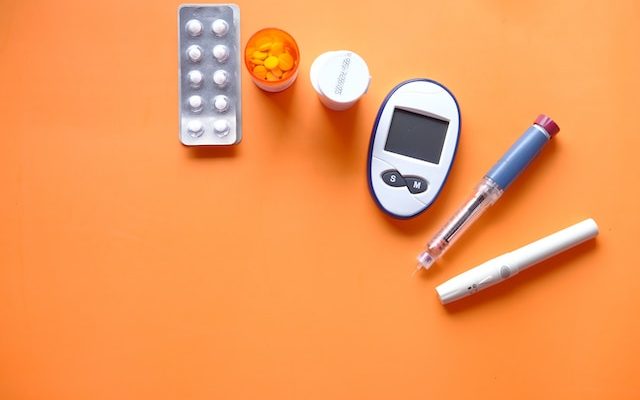Diabetes is one of the most common chronic conditions in the world. In most cases, it requires a complete lifestyle modification once a diagnosis has been made. Due to the vast amount of information out there, some conflicting, it can be overwhelming to know what you should do once you’ve been diagnosed with this condition. Whether it’s tips for changing your diet, having a healthier lifestyle, or finding support, there are many options for patients, and if you read the points listed below, you’ll have a better idea of what you need to do.
1. Insulin Injections
The broadest and most common treatment for patients suffering from diabetes is getting insulin injected. Diabetes mellitus is caused either due to a lack of insulin production in the body (type 1) or resistance in the body’s cells to its insulin (type 2). In either case, getting insulin injections greatly helps to manage your blood sugar level and is usually the primary source of treatment for patients. Ensure you stay up to date with your injections and get them regularly and as prescribed.
2. Other Medications and Injections
In addition to insulin therapy, there are a lot of medications that are being developed to deal with this condition, especially for type 2 diabetes. These medicines have minimal side effects, and are easy to take if you already know how to use a needle. Filling out your prescription is easier than ever, thanks to the internet, and you can even buy liraglutide online. This powerful injection can be taken daily, it is used to treat type-2 diabetes, while supporting weight management. It belongs to the group of GLP-1 agonists, helping to increase insulin levels in the blood naturally and decrease blood sugar through other means. There are countless other classes of drugs that you could take; all you need to do is ask your doctor.
3. Behavioral Changes
Changing the rest of your lifestyle besides the main thing, i.e., getting regular medicine or insulin shots, is key to managing this condition. One of the best things you can do for your long-term health is to start managing your diet properly, eliminating virtually all sweets and artificially sweetened items. Avoid sugary foods and carbs. Instead, focus on foods rich in fats and proteins, leaving you feeling full for longer. Vegetables have whole grains and vitamins. Combining this with regular exercise will naturally decrease your blood sugar, helping you maintain control. Losing weight and staying trim decreases your sugar levels, too.
4. Continuous Glucose Monitoring
In the long term, living with diabetes can be taxing when you need to devote hours of your day just to cope with it. Luckily, CGMs help you with this task. These devices have a small portion that is implanted under the skin, and the rest of the device shows a continuous reading for your glucose level. This updates regularly throughout the day, measuring your background glucose level and your glucose level after meals. This data can even be compiled in an app to help you keep track of how your body is reacting more efficiently.
5. Bariatric Surgery
This kind of surgery is an option for diabetics that are overweight. Bariatric surgery targets the stomach and the larger gastrointestinal tract, aiming to reduce the weight of the patient. Being overweight as a diabetic means that blood sugar will be difficult to control through conventional means, which often results in worsening symptoms and more weight gain, creating a loop. By getting bariatric surgery, which can be gastric bypass, banding, etc., you can reduce weight and control blood sugar easily.
6. Insulin Pumps
Insulin pumps are another recent invention that exists to help diabetics go through their day-to-day life with minimal intrusions. With a pump, you won’t have to take time out of your day to get insulin shots, and you won’t need anyone to help you. These pumps are designed to react to rising or falling blood sugar, so the chances of going into diabetic shock by forgetting to take insulin is low. These pumps have a small needle inserted in the abdomen, which is painless and fully comfortable.
Conclusion
Diabetes is treated with caution for a reason. A slight change in diet or having sweets at the wrong time, which is a normal occurrence for most people, can result in several complications in people who suffer from this condition. The only way to deal with it is to modify your lifestyle to suit your medical needs; however, with a recent diagnosis and no experience, most people are left with no idea how to approach this. If you use the tips listed in this article, however, you’ll find it easier to get used to your lifestyle.














Comments